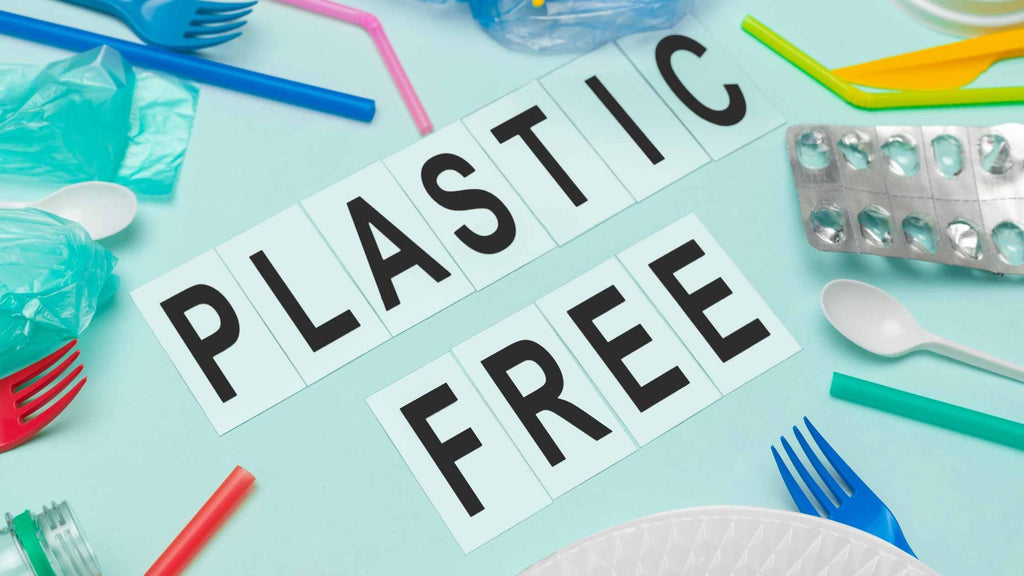When discussing humanity’s environmental impact, one of the most common factors mentioned is plastic waste. Australians use approximately 130kg of plastic per person per year, less than 12% of that being recycled. We obviously have a plastic problem that can be fixed if we go plastic-free.
Good reasons to go plastic-free
There are many good reasons to go plastic-free but we've collated just a few to help with understanding the benefits.
Less plastic waste in the ocean

Currently, there are approximately 8 million tonnes of plastic waste going into the ocean each year. This figure is expected to increase and outnumber the number of fish in the ocean by 2050.
But the biggest threat to our marine life is likely microplastics, the tiny particles of plastics that animals unknowingly ingest. This can then cause health issues and sometimes death.
There is also the issue of animals becoming entangled in the plastic waste in the ocean. We’ve all seen the images of birds, turtles or fish wrapped in the rubbish.
Lower emissions

Plastic waste isn’t the only issue with plastic. It’s produced predominantly with crude oil similar to what is used to make petrol. In fact, 4% of the world’s petroleum is used to make plastic products. This creates an emissions problem with plastic which going plastic-free can help solve.
Even recycling won’t help with the emissions problem since recycling also produces emissions. So stopping the need for recycling by going plastic-free will assist in lowering the carbon put in the atmosphere. Yes, we’re advocates for recycling, but the less carbon in the atmosphere, the better the earth will be, so avoiding more production would be good.
Fewer health issues

Plastic waste isn’t only a concern for the health of marine life but also for humans as well. A study released estimates we all ingest between 39,000 to 74,000 microplastic particles a year. Now, if that sounds concerning, you also need to consider the chemicals leached from the plastic you drink or eat from.
The science is divided on how much chemicals leach from plastic containers or bottles when left in hot settings. There is no doubt they leech chemicals into the water or food contained within, and these chemicals can eventually cause health issues.
Simple ways to go plastic-free

Overhauling your life to be completely plastic-free can take time and some planning. There are a few simple things you can do to start:
- Take your own reusable cups, bottles, containers and cutlery when out and about.
- Always carry reusable shopping bags with you to avoid needing plastic ones.
- Don’t forget reusable produce bags for your fruit, vegetables and baked goods.
- Switch to reusable, sustainable laundry items such as pegs, bottles and washing bags.
- Buy in bulk and make use of glass storage containers.
Check out our blogs on how to get a plastic-free kitchen, plastic-free bathroom and plastic-free laundry.


Leave a comment: